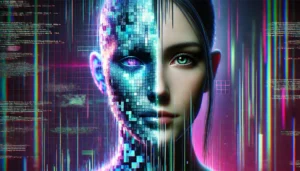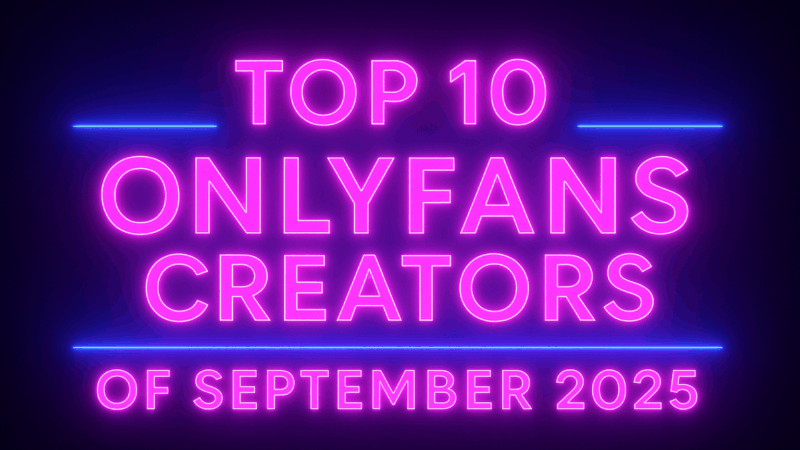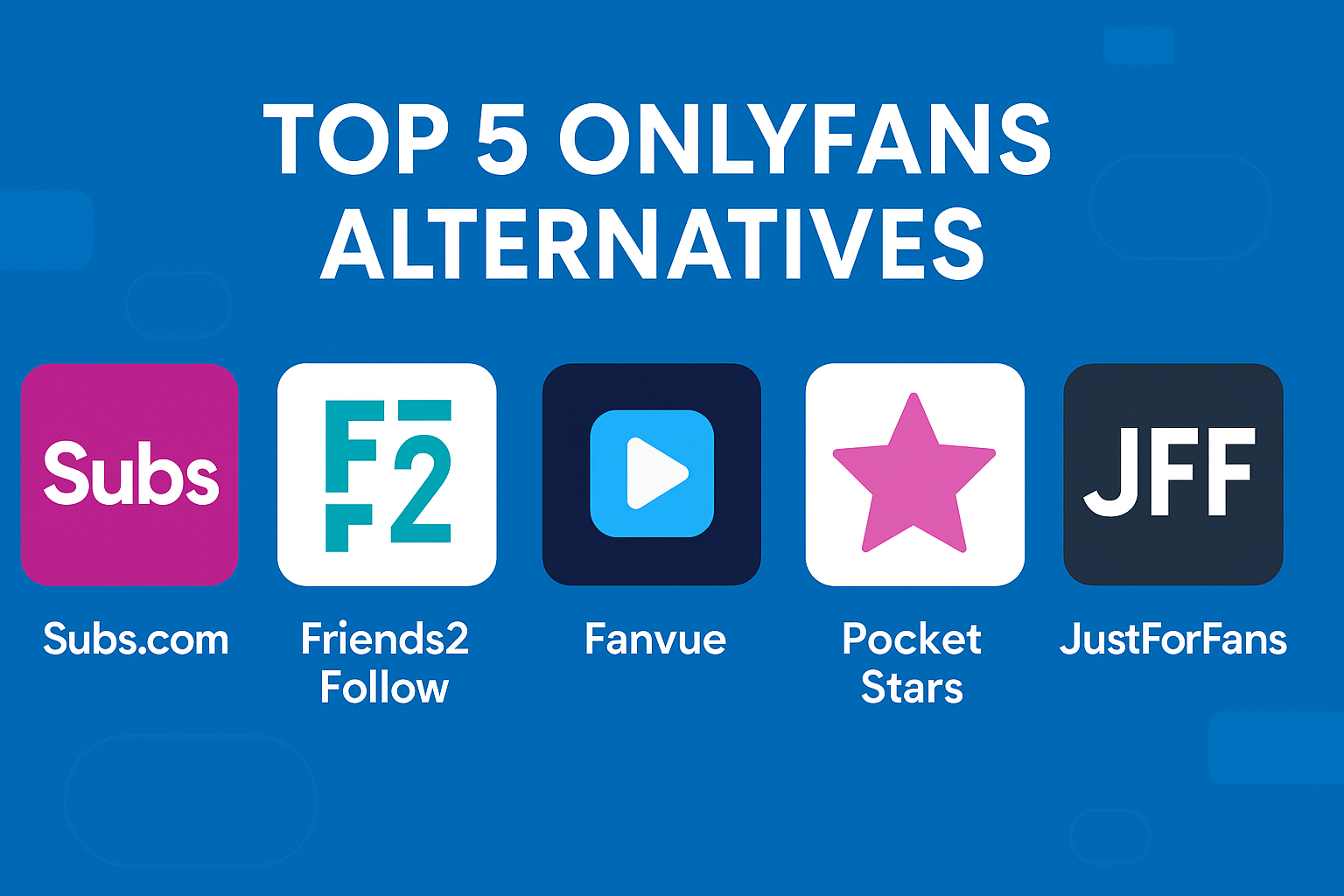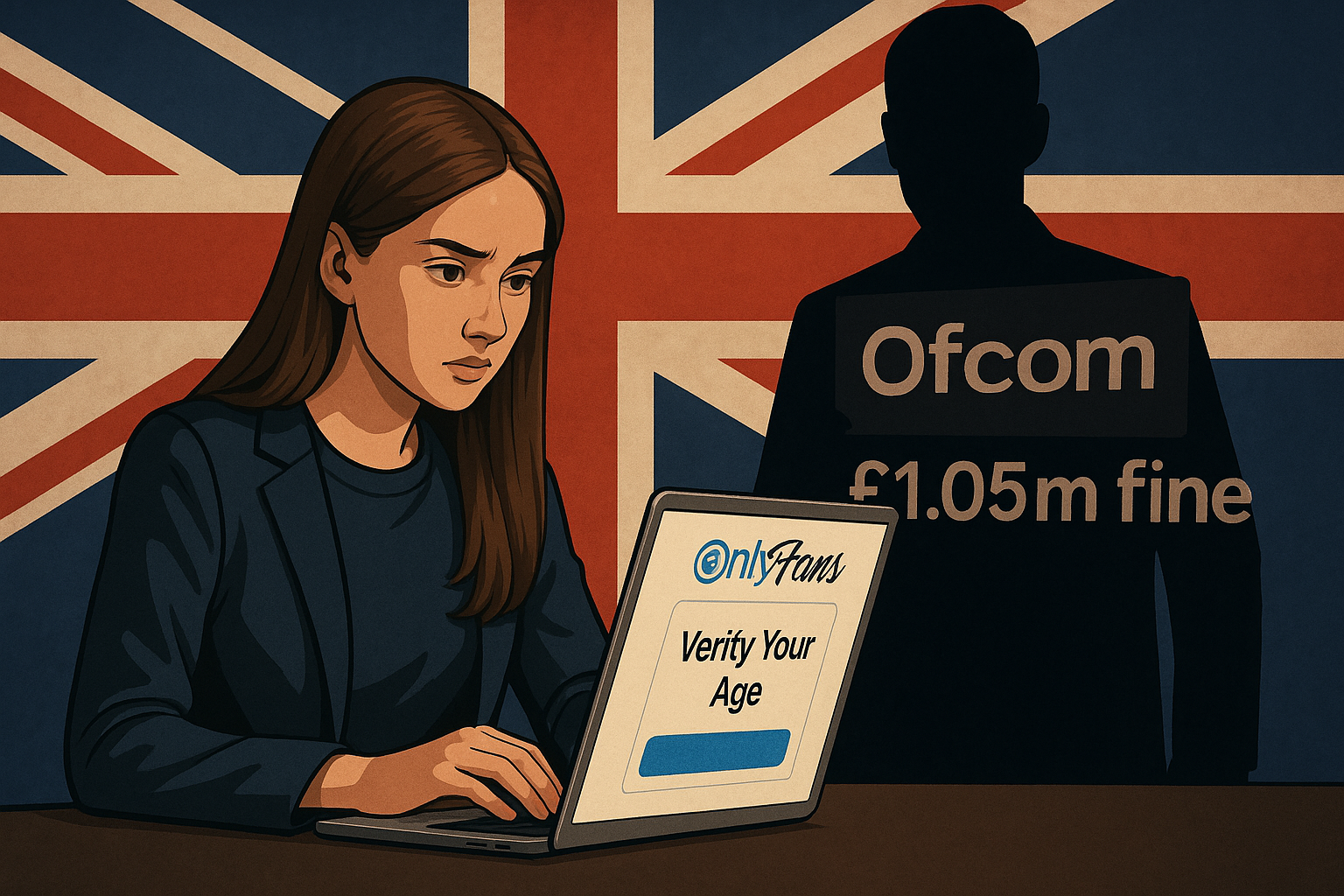
A Digital Revolution: Where Is Deepfake Porn Headed?
Deepfake porn has sparked heated debates worldwide. While some see it as a technological breakthrough, others warn of its ethical and legal pitfalls. Will deepfake adult content be legalized by 2025, or are we heading toward stricter regulations and bans?
1. Deepfake Porn: Innovation or Dangerous Trend?
Artificial intelligence allows for the creation of hyper-realistic adult content—often without the knowledge or consent of the individuals depicted. This raises both new opportunities and serious risks.
A Harmless Fantasy or Digital Exploitation?
Supporters argue that deepfake porn offers a way to explore fantasies without involving real people. But what happens when these videos are used maliciously to place someone in compromising situations without their consent?
Who Protects the Victims?
Many individuals have found themselves unwillingly featured in deepfake adult content, leading to severe reputational and psychological harm. As technology advances, the legal framework struggles to keep up.
2. The Evolution of Deepfake Technology
From Experimental Tool to Industry Standard
What started as an internet experiment has become a full-fledged industry. Today’s deepfake models are more convincing than ever, making it nearly impossible to distinguish between fake and real.
What Makes Deepfakes So Believable?
Thanks to machine learning and neural networks, AI can perfectly replicate facial expressions, voices, and movements. While this brings exciting prospects for virtual entertainment, it also enables deception and abuse.
3. Legal Landscape: How Are Governments Responding?
Laws Targeting Deepfake Porn
Several countries have introduced laws to combat unauthorized deepfake porn. The U.S. has begun implementing penalties for distributing such content, and the European Union is considering tighter restrictions.
Why Is Regulation So Difficult?
AI evolves faster than legislation. Additionally, deepfake porn often circulates through anonymous networks, making enforcement a challenge.
4. Ethical Questions: Consent in the Digital Age
Who Owns Your Digital Identity?
If AI can generate deepfake porn in seconds, can anyone truly protect their digital likeness?
Is There a “Legal” Version of Deepfake Porn?
Some suggest that deepfake porn could be legal if all depicted individuals provide explicit consent. But is this a realistic solution?
5. Psychological Impact: Blurring the Line Between Reality and Fantasy
How It Affects Perceptions of Intimacy
If deepfake porn becomes mainstream, will it alter how people perceive real-world relationships and intimacy?
The Risk to Self-Image and Identity
Victims of deepfake exploitation often experience anxiety and identity crises. Even consumers might develop distorted expectations of sex and relationships.
6. Why Is Deepfake Porn So Popular?
The Digital Temptation
One reason for the rise of deepfake porn is anonymity—users don’t need to appear on camera, and AI can create limitless possibilities.
The Dark Side: Spreading Through the Dark Web
While major platforms like Twitter and Reddit ban deepfake porn, it thrives on the dark web and private Telegram channels.
7. The Future: Will Deepfake Porn Be Regulated or Mainstreamed?
What’s Next for the Technology?
As AI improves, deepfake porn may soon be generated in real-time, making regulation even more complex.
Will There Be a Global Ban?
Some countries are already enforcing strict bans, but a worldwide crackdown seems unlikely. Instead, regulated platforms may emerge where AI-generated content is allowed with consent.
8. Conclusion: Is Deepfake Porn the Future or a Legal Nightmare?
A Balance Between Innovation and Responsibility
Deepfake porn is not just a tech experiment—it raises fundamental questions about ethics, privacy, and digital identity.
What Comes Next?
Whether deepfake porn is legalized or banned remains uncertain. But one thing is clear: AI-generated content is here to stay, and society must navigate its ethical and legal implications carefully.











Kommentare